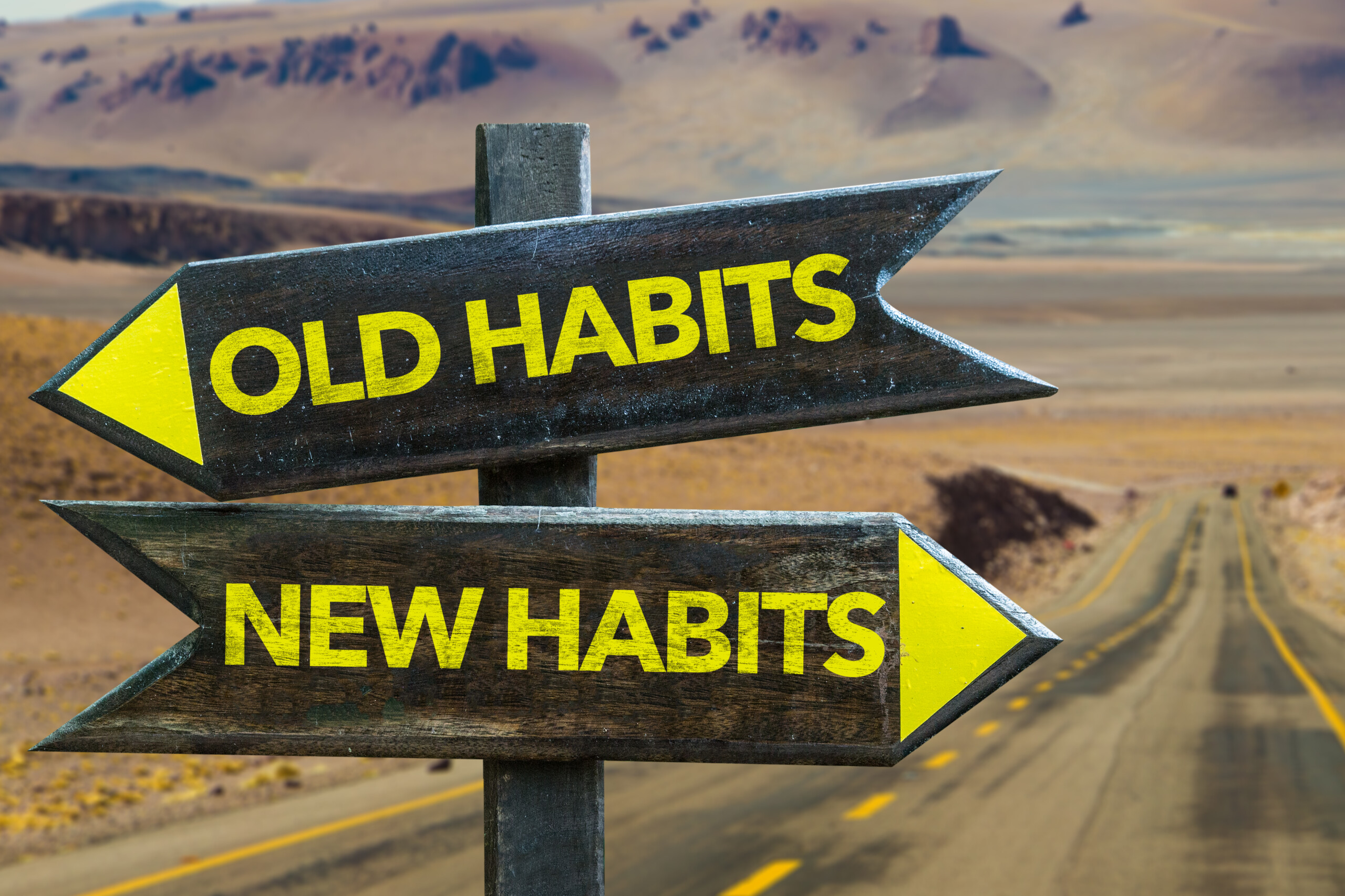One of the best ways to put a fresh focus on a sober lifestyle in the new year is through goal setting. Whether these are goals to help you continue an already-existing sober lifestyle or goals to begin a sober lifestyle, these are known to be highly effective motivational tools.
In this article, we’re going to take a closer look at how you can uplevel your health, wellness and overall life through the practice of setting recovery goals for a sober lifestyle.
Benefits of goal setting
Goals are generally associated with ambition, but there are plenty of other benefits to goal setting in addition to instilling self-driven motivation in you.
Some of the top benefits of setting goals include:
- Enhancing clarity, direction, and accountability
- Fostering greater time management and productivity
- Improving critical thinking and decision making
- Boosting confidence and sense of self-esteem
- Increasing inspiration, excitement, and momentum
In short, goal setting is one of the best ways to set yourself up to achieve personal and professional success.
Recovery goals examples
The great thing about goals is they can be whatever you want them to be because they’re only for you. Even if your goal directly benefits someone else, it’s still a goal you’ve set, so it’s not relevant to anyone else’s measure of what a big or small goal is.
For example, setting the goal of calling a certain loved one every Sunday afternoon might not be a big deal to the person who already calls that loved one several times per week, but it could be a huge deal to someone working on repairing a wounded relationship. They’re your goals, and they can be whatever you want or need them to be.
We’re going to share with you five unique goals that will help you develop a fresh, positive perspective on sober living in the new year.
1. Focus on a specific area of your health
Facing health issues or goals is less intimidating and way easier to commit to when you prioritize a specific area of your health, rather than try to purify your entire lifestyle all at once.
An example of a broad health goal would be choosing a full health category to focus on, such as your physical, mental, emotional or spiritual health. A specific health goal could be prioritizing the restoration of your gut health, committing to drinking a half gallon of water per day or deciding to focus on developing a healthy sleeping pattern.
2. Spend more time outside
You’ve probably heard this before, but we’re going to take this goal one step further: spend more time outside, without being on your phone. If it wouldn’t be safe to leave your phone behind, consider turning it on airplane mode or turning it off altogether to be present.
You’d be surprised at just how much 10 minutes a day in nature, especially when the sun is out, can revive both the state of your body and your mind.
3. Find a healthy outlet
One of the best ways to keep your mind healthy and refreshed is to engage in activities that bring peace to you, make you feel happy and help you release stress and anxiety. This can look a little different for everyone, but some examples would be:
- Joining a dance class
- Taking part in a martial arts class
- Resuming previous artistry (painting, drawing, sculpting)
- Gardening
- Knitting or crocheting
- Writing or music
- Cooking
- Adventuring (locally or far away)
Just to name a few creative, physical and overall healthy ways to make up the time spent doing those old, harmful habits.
4. Get involved in the community
It can be easy to get lost inside our thoughts and emotions, especially when we’re navigating something as challenging as recovery and sobriety. Often, one of the best ways to get out of our heads is to get outside of our bubble of trouble, and outside of our house.
This could look like joining a gym or a different sports club, getting more involved with local festivals and events, and engaging more with people who share a similar vision for life. You might also consider volunteering at a local charity, such as a soup kitchen, pregnancy center for struggling mothers, a homeless shelter or animal rescue.
5. Seek professional help when you need it
If you or someone you love is struggling with substance abuse, it can be difficult to know where to begin, but we’re here to help you every step of the way.
Real Recovery is a premier addiction rehabilitation and mental health treatment center. Specializing in evidence-based treatment for substance use and mental health disorders, Real Recovery offers proven clinical services that are designed to restore your health and vivacity.
Send a message to our team today to create a personal success plan for this year.





